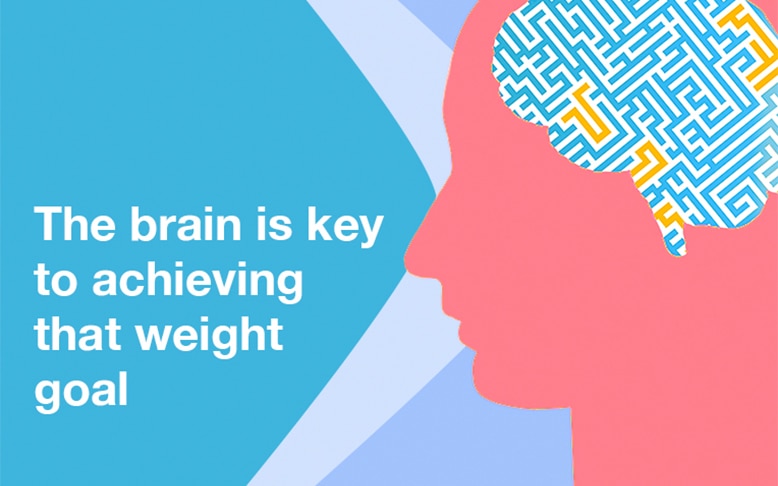Some things to know about our brain

To start this short read, here are two facts as a welcome treat. First, 90% of the human brain has already been developed by age four.1 Second, the brain is only about 3% of human body weight but uses 17% of energy intake.2 So those who aim to have its sharpest form must remember that its function largely hinges on the balance of nutrition with its stimulation. Specifically, the number of productive activities it receives is as crucial as the condition of the daily environment.3
It is critical to supply the brain with materials needed to build and maintain its structure. The human brain needs to receive steady support of nutrients to carry out the fullest of its functions like memory, recognition, and decision making. Otherwise, it can hinder the brain’s realization of its actual potential.4 Therefore, brain food is worth giving attention.
Some things to keep in mind
Now, what does our brain need, and how does one cater to its needs? From the kinds of food to consume and the routines to acquire, here are seven tips to power up the brain.
Nothing beats a balanced, healthy diet
The Pinggang Pinoy(R) developed by DOST-FNRI is a guide of what a healthy plate looks like.5 A third of the plate must always consist of vegetables, with fruits on the side. Not only do these provide a boost of antioxidants, but also prevent cognitive decline. Specifically, antioxidant-rich berries6 and green leafy vegetables rich in carotenoids and folic acid provide more stellar evidence for eating predominantly plant-based diets.7

Beef up on protein from plant sources and lean meats and fish
As protein supplies the amino acids needed to build the structure of the brain and help reach optimal size and growth, they also are components of the neurotransmitters for impulse transmission. Commonly, these protein sources are rich in iron, iodine, and zinc8,9 which also have functions on myelination, synaptic efficacy, and energy metabolism.10

Iron plays a role in many biological processes, including neurodevelopment. It is essential for myelination, neurotransmission, and typical anatomical brain development.11

Iodine helps in brain development, as many brain components and structures including the myelin, hippocampus, and neurotransmitters are affected by iodine deficiency.12

Zinc has an important function in the regulation of intracellular and intercellular signaling, as well as neurodevelopmental processes such as neurogenesis, neural migration, synaptic genesis, and myelination (gamma-aminobutyric acid or GABAergic neurons).13
Gradually shifting the diet to put focus on plant sources and lean meat and fish will help in the complete optimization of the brain. Uncovering the potential of these food types will come in handy the next time meal planning takes place.
Fuel up on whole grain!
As carbohydrates take center stage, choose whole grains from cereals, root crops, and staples. Innate fiber helps in making the gut healthy that supports the immune system.14 The gut connects the brain, lungs, and skin with its metabolites, providing overall immunity.15

Make room for fish oil and plant oils (like nuts) rich in omega-3 fatty acids
These maintain the integrity of the cell membrane. From them, we can make the popular docosahexaenoic acid (DHA) and arachidonic acid (AA) needed for brain and eye health.16
Not only does it help with brain and eye health, but it also helps prevent heart diseases and stroke. Although advised to be included in the diet, a proper balance should still be observed.
Dose up on natural vitamins
Vitamin D, present in adequately fortified foods and activated in our skin with adequate sunlight (no less than 15-20 minutes a day), is needed for activation and maturation of the basic unit of the nervous system, the neuron.17 While B Vitamins, such as B1, B7, B9, and B12, found in plants and animal sources are essential to make neurotransmitters and keep the integrity of myelin sheath.11

These natural vitamins prove to be essential in keeping the brain healthy. While readily available in different food types, injecting it well into the daily routine and diet is something that should be carefully studied.
Do not forget to hydrate
Most of the time, water is all we need to refresh our minds.
Who is the first to tell when a person is thirsty? The brain. Apart from sending signals of thirst, the brain primarily works with water. Drinking enough water not only replenishes, but it also drives the body (especially the brain) to do its work.18
Live it
Sufficient rest, sleep19, recreation, and exercise20 complete the recovery that our nerve cells need. All these improve blood circulation with happy hormones to make humans alive and alert.

Message to RNDs
Let us brain-proof our brains with the right food and a healthy lifestyle. Stay focused and informed with evidence-based studies about what makes our brain productive and smart. As we learn, let us make our brains sharper by sharing them.


 Aleli Elizabeth Gana Magtibay , RND, MSc
Aleli Elizabeth Gana Magtibay , RND, MSc















No comments here yet.